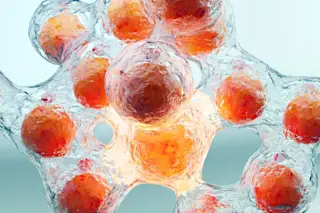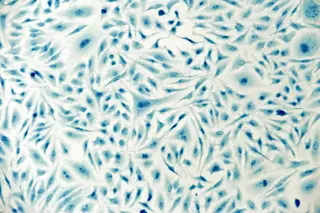It's been over a week since I've addressed the "F.D.A. D.T.C." controversy. I plan on getting back to the issue in more detail later, but right now I thought I'd point you to Robert Verbruggen's article in National Review. It's titled 'The FDA’s Genetic Paternalism'. Robert contacted me for my take on the issue, and you get a few choice quotes from yours truly. It being National Review you can guess the general tenor of the objections from that quarter. Over the past few weeks tracking inbound links and Twitter mentions it does look as if the coming possible restrictions on direct-to-consumer personal genomics have triggered more suspicion and opposition from the political Right. Even with that said, my friends Michelle and Zack, who I think are accurately characterized as on the political Left, also both expressed great reservations about the thrust of Jeffrey Shuren's comments. Nor do I think ...
Genetic paternalism & the F.D.A.
Explore the FDA DTC controversy, where personal genomics faces scrutiny amid debates on consumer rights and regulation.
More on Discover
Stay Curious
SubscribeTo The Magazine
Save up to 40% off the cover price when you subscribe to Discover magazine.
Subscribe












